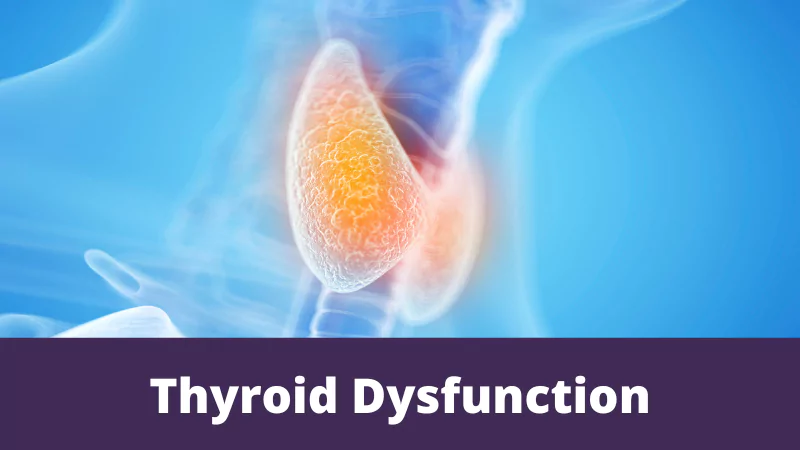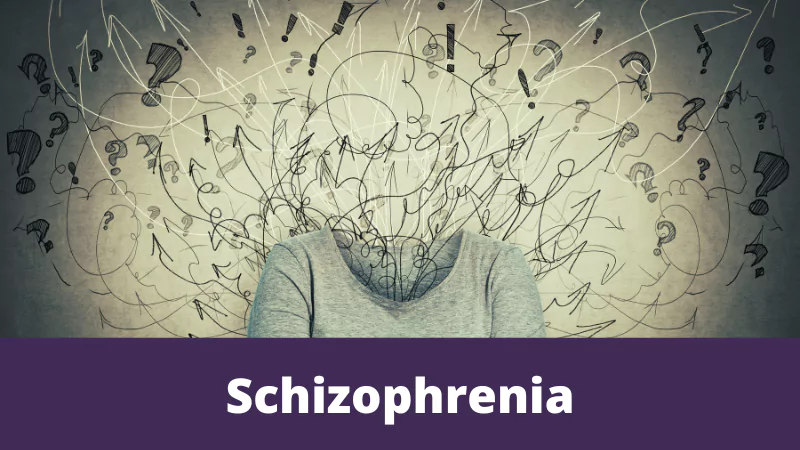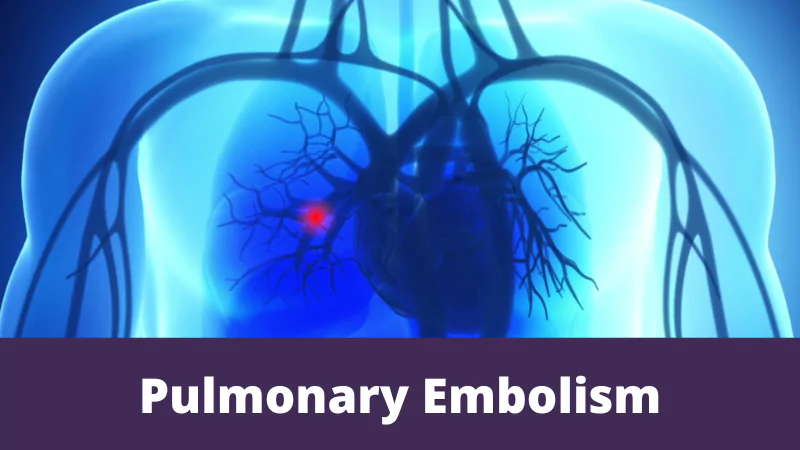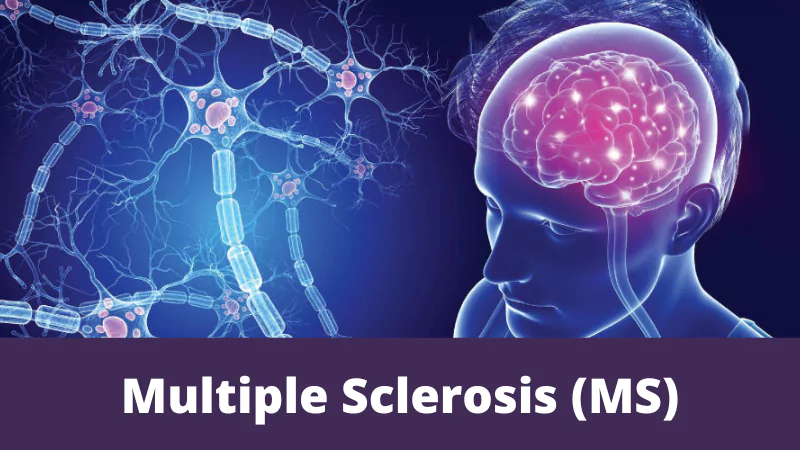Thyroid Dysfunction
What are Thyroid Disorders? A deficiency of thyroid hormones can affect virtually all bodily functions as the thyroid gland hormones regulate metabolism in every cell in the body. The two most common thyroid dysfunctions are hypo- and hyperthyroidism. Hypothyroidism is the underproduction of the thyroid hormones T3 and T4. Hypothyroid disorders may occur as a […]
Thyroid Dysfunction Read More »












